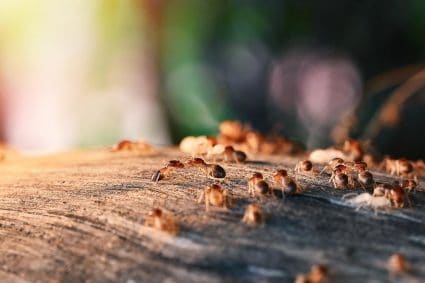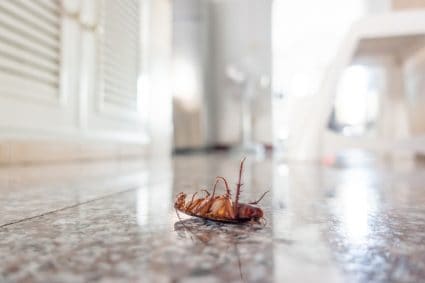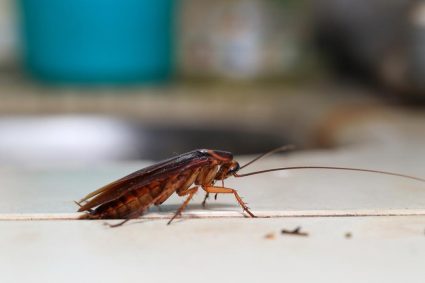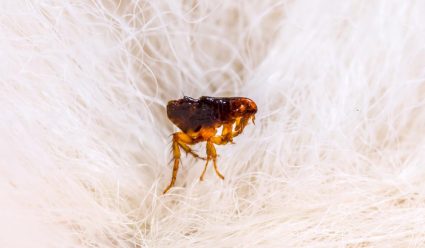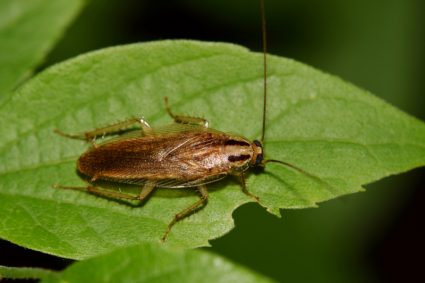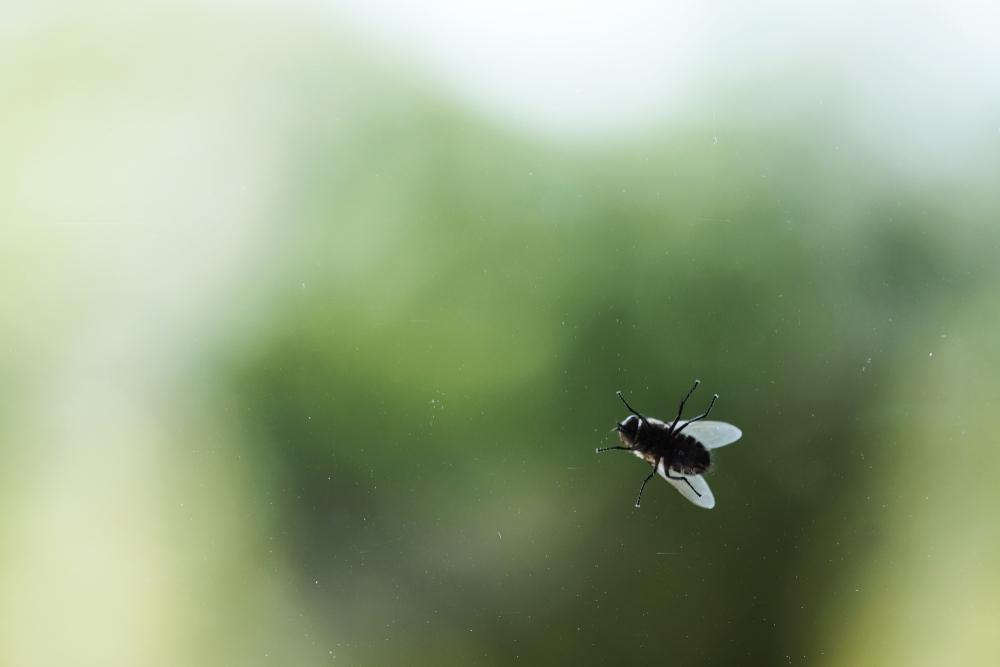
Gnats can be a pesky nuisance, especially when you’re trying to enjoy a leisurely swim in your pool. These tiny insects can swarm around your pool, making your swimming experience less enjoyable. This comprehensive guide will provide you with effective strategies to keep gnats away from your pool, ensuring a more pleasant swimming experience.
To keep gnats away from the pool, maintain cleanliness in and around the pool area, avoid overwatering plants, and remove any standing water. Use vinegar traps or citronella candles near the pool area. Adjust your pool’s maintenance routine and consider using products specifically designed to repel or eliminate gnats. Additionally, your landscaping and outdoor decor choices can help deter gnats. Regular monitoring and consistent application of these methods are key.
What Attracts Gnats to a Swimming Pool Area
Gnats are attracted to swimming pool areas due to several factors. These tiny insects are drawn to rotting vegetation, decomposing food, damp areas, and stagnant or still-standing water. Overwatered vegetation, compost heaps close to the pool, wet lawns or flowerbeds can immediately attract gnats. The reflection of light bouncing off the water can further attract these insects.
Effective Methods to Prevent Gnats from Invading the Pool Area
To prevent gnats from invading your pool area, you can follow these effective methods:
- Place vinegar traps near the pool: Fill a plastic bottle with vinegar and make tiny holes in the lid. Gnats are attracted to vinegar and will become trapped inside the bottle.
- Maintain clean water in shallow wading pools and bird baths by changing it weekly.
- Remove items that may collect water, such as wheelbarrows and flower pot trays, from the pool area.
- Clean rain gutters and unblock downspouts to remove rotting leaf material and other organic debris.
- Agitate the surface water of ornamental pools near your swimming pool to prevent the buildup of an organic layer.
- Rake garden beds around or near the pool to aerate the soil and keep it damp-free.
- Burn citronella candles around the pool area, especially in the evening.
- Replace incandescent lights near the pool with sodium light bulbs.
- Spray a cedar-based solution around the pool area.
- Position garbage cans as far from the pool area as possible.
- Use an insect fogger in cases of large infestations.
Natural or Eco-friendly Solutions to Keep Gnats Away from the Pool
Several natural and eco-friendly solutions can keep gnats away from your pool. These include vinegar traps, citronella plants, lavender plants, rosemary plants, basil plants, mint plants, marigold plants, catnip plants, sage plants, tiki torches and citronella candles, and bug zappers.
Adjusting Pool Maintenance Routine to Deter Gnats
By adjusting your pool’s maintenance routine, you can deter gnats effectively. This includes maintaining proper water chemistry, keeping the pool clean, removing nearby standing water, using a pool cover, using natural repellents, adjusting swim time, proper landscaping, checking your pool lighting, and placing vinegar traps near your swimming pool.
Products Designed to Repel or Eliminate Gnats around the Pool
Several products on the market are designed to repel or eliminate gnats around the pool area. These include No Natz Botanical Bug Repellent, Bug Soother Spray, Natural Mosquito Repellent Sticks, Summit Mosquito and Gnat Barrier, and Gnat Ball Starter Kit.
Effect of Landscaping and Outdoor Decor Choices on Gnats’ Presence
Your landscaping and outdoor decor choices can significantly affect the presence of gnats near a pool. Factors such as surrounding vegetation, overwatering, standing water, and outdoor lighting can attract gnats to the pool area. To prevent gnats near your pool, maintain proper pool hygiene, ensure that the landscaping around your pool is well-maintained, plant bug-repellent plants, and change lighting around the pool area.
Ensuring Gnats Don’t Return After Elimination
To prevent gnats from returning after they’ve been eliminated, maintain cleanliness, properly store food, take out the trash regularly, avoid overwatering plants, seal entry points, clean drains and gutters, use sticky traps, and monitor houseplants.
Specific Breeds of Gnats Attracted to Pool Areas
Several types of gnats can be attracted to pool areas, including fungus gnats, window gnats, and buffalo gnats. By maintaining proper water chemistry, keeping the pool clean, removing nearby standing water, using a pool cover, using natural repellents, using fans, changing lighting, and using gnat traps, you can specifically target and reduce the presence of gnats in your pool area.
By implementing these strategies, you can keep gnats away from your pool and enjoy a more pleasant swimming experience. Remember, the key to effective gnat control is persistence and consistent application of these methods.
Frequently Asked Questions
What type of vinegar should be used in the vinegar traps?
You can use any type of vinegar in the traps, but apple cider vinegar is often recommended because its fruity smell is especially attractive to gnats.
What time of the day are gnats most active?
Gnats are most active during dusk and dawn.
Can the presence of gnats indicate a bigger problem?
Yes, a large number of gnats can indicate overwatering of plants or drainage issues. They may also indicate the presence of rotting organic material nearby.
How often should I change the vinegar in the vinegar traps?
Ideally, you should change the vinegar in the traps every few days, or when you notice the trap is full of gnats.
Can gnats transmit diseases?
While gnats are more of a nuisance than a health risk, certain species can transmit diseases. However, these cases are rare and usually involve biting gnats, which are not the same type attracted to pools.
Are gnats attracted to all types of light?
Gnats are attracted to bright lights, especially white and blue light. Sodium light bulbs emit a yellow/orange light that is less attractive to gnats.
Will the presence of gnats affect the water quality of my pool?
While gnats themselves are not harmful to the water quality, a large number of them dying in the pool can lead to an increase in organic matter which can affect water balance and clarity. Regular cleaning and maintenance can prevent this issue.

